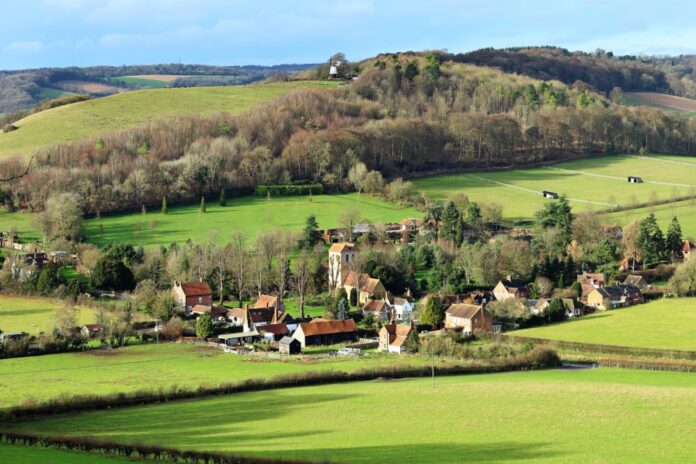Cooperation will be in within European countries where both have networks
Orange and Vodafone have agreed to build an Open RAN with RAN sharing it in rural parts of Europe where they both have mobile networks. This is the first such agreement between the two.
The first commercial sites to be deployed under this agreement are scheduled for this year in a rural area of Romania, near Bucharest. They will provide “an initial real-life experience of this new operational model” based on the integration of multi-vendor hardware and software, paving the way for wider scale deployments, according to their joint statement.
Orange and Vodafone are individually selecting strategic vendors for this initial build phase. Testing the Open RAN solution on a live network will continue throughout 2023, allowing a like-for-like comparison with legacy networks. The aim is to confirm the feature and performance parity between Open RAN and traditional RAN solutions, before expanding the Open RAN sharing blueprint to other markets.
Commitment to being open
Today’s announcement reinforces the companies’ commitment to Open RAN as the technology of choice for future mobile networks across Europe. Both were also involved in the pledge to build their support for Open RAN this year with a focus on the areas of maturity, security and power efficiency, along with Deutsche Telekom, TIM and Telefónica.
The five also published a white paper on those topics, available from here.
Last year the five signed a Memorandum of Understanding MoU in support of Open RAN in Europe back in January 2021. The companies’ commitment to Open RAN also supports the European Commission’s ambitious target to have 5G in all populated areas by 2030.
The agreement between Vodafone and Orange should give each greater flexibility when adding new radio sites or upgrading existing ones, while keeping the cost and energy consumption low. This model will serve as a blueprint to extend 4G and 5G networks to rural communities across Europe.
Michaël Trabbia, Chief Technology and Innovation Officer at Orange, said: “Romania…is a significant milestone on the road to wide-scale open RAN adoption across Europe. It is a major step towards agile and fully-automated networks, unleashing the potential of virtualisation and AI to boost performance while driving both infrastructure and operational costs down.
“In particular, Open RAN is a great opportunity to take network sharing to a whole new dimension, with even higher operator differentiation thanks to the ability for each of the partners to tune its network more independently according to its promises towards its own customers.”
New software on old hardware
Alberto Ripepi, Chief Network Officer of Vodafone, said: “By combining resources, we will reduce the cost of hardware, minimise fuel consumption and the need for duplicate sites whilst eradicating coverage not-spots.
“Open RAN also means we can more quickly add new software features without necessarily replacing the hardware components, which is often the case today. This minimises any disruption to service and ensures customers in rural areas receive the same upgrades as those in the cities.”
Under existing sharing agreements one operator is typically responsible for all the component parts of a shared site, with both operators using the same RAN vendor or software release, and life cycle management.
Each company can tailor services and capacity to their specific customers’ needs, while ensuring strong and secure isolation between each operator’s data. This is in line with the priorities that have been developed under the MoU signed in early 2021, referenced above.


